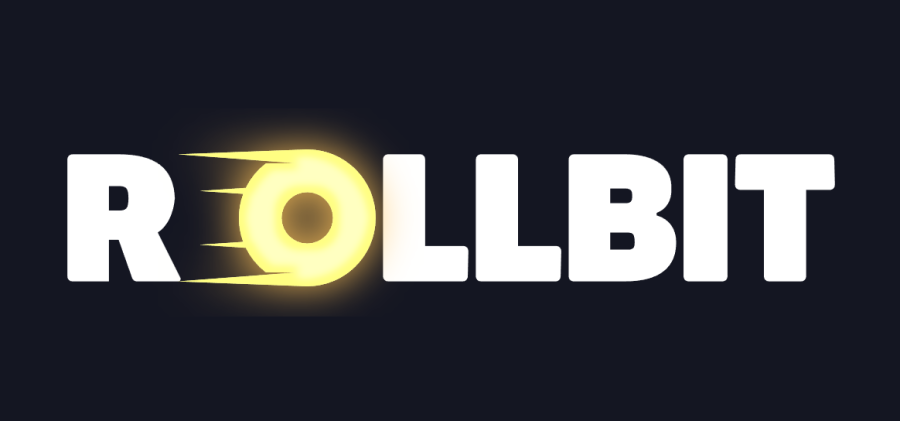What is the effect of the Oracle acquisition of Sun Microsystems on cloud computing? Well, there have been quite a few if you look at where Sun’s best and brightest have moved on to in the past few months.

Tim Bray is the latest Sun star to move on. You may know Bray as the co-founder of XML. Eve Maler is also a co-founder of XML. She had worked with Bray for many years until her departure from Sun last Spring to join PayPal. Eve as many of you many know, is one of the leaders in developing identity standards and initiatives.
Perhaps the clearest example is evident at Rackspace where five developers from Sun were recently hired to work on Drizzle, a heavy duty system for high scaling applications in the cloud:
When it’s ready, Drizzle will be a modular system that’s aware of the infrastructure around it. It does, and will run well in hardware rich multi-core environments with design focused on maximum concurrency and performance. No attempt will be made to support 32-bit systems, obscure data types, language encodings or collations. The full power of C++ will be leveraged, and the system internals will be simple and easy to maintain. The system and its protocol are designed to be both scalable and high performance.
According to Rackspace, the service will “keep the good and remove the bad,” from MySQL. And here is where we see the power of open-source. We interviewed Bray today. He pointed out that open-source is developed outside the walls of the company.
So, in the midst of corporate upheaval, developers can move onto new places and not face any interruption in their work. That’s exactly what we see with the Drizzle team:
It feels like Oracle has lost a huge opportunity in the open-source community. The lucky ones are the companies that are picking up these talented people with faith that the open-source way represents the future of cloud computing.





















